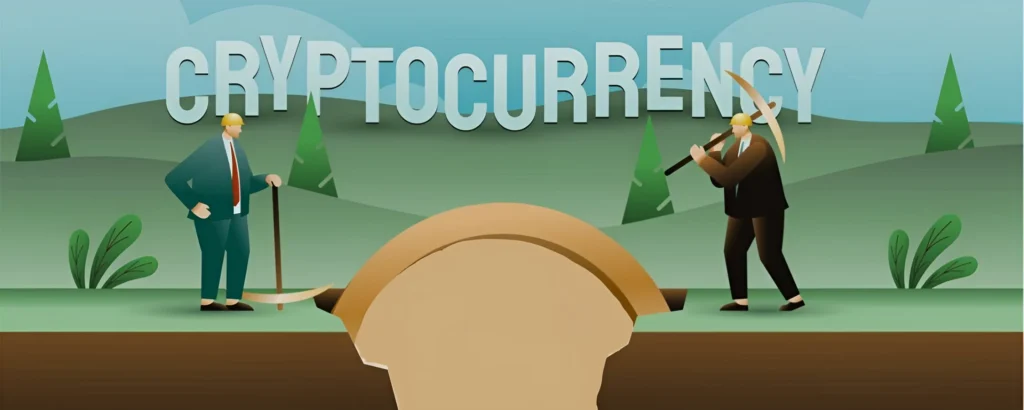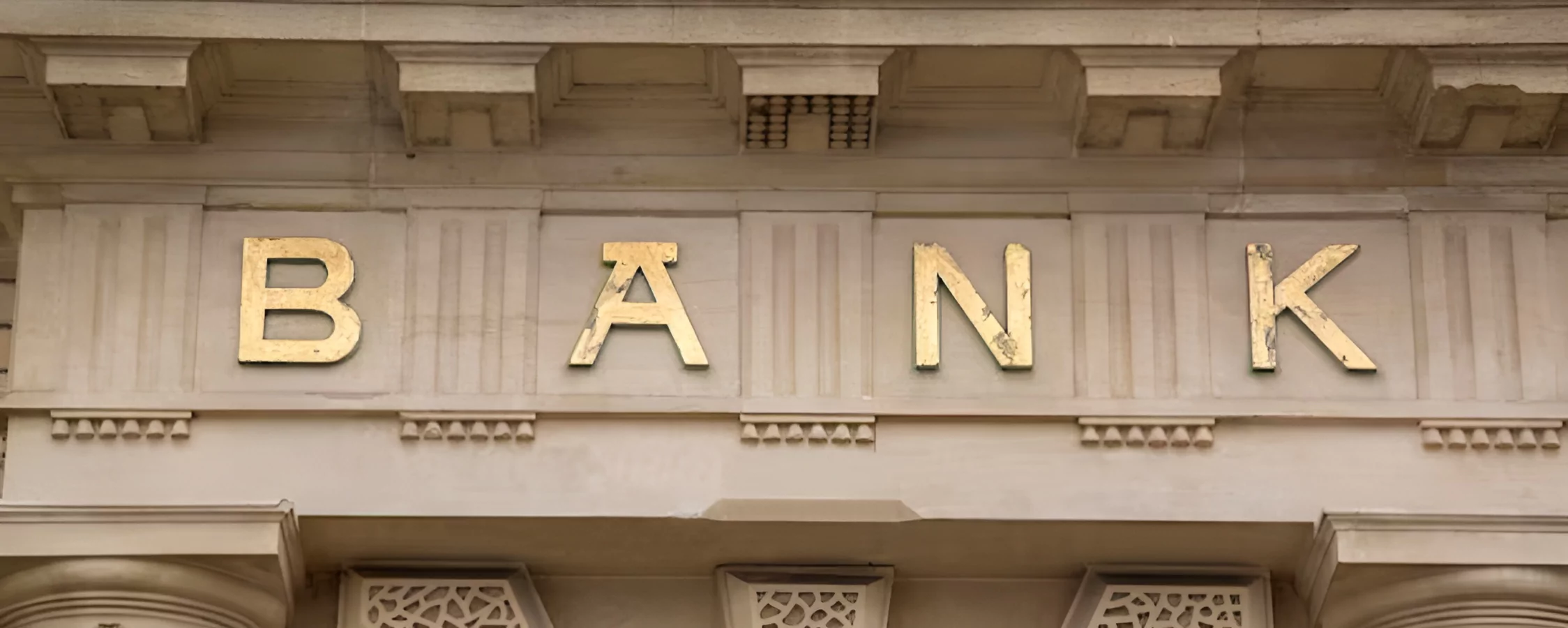Ethereum has emerged as one of the most influential blockchain platforms. Enabling countless new decentralized applications through its pioneering use of smart contracts and programmable assets. However, the sophisticated technology underlying how does Ethereum work can seem complex to those unfamiliar with its inner workings.
This article aims to break down how Ethereum works in accessible term. From its core blockchain infrastructure and consensus mechanism to the role of Ether, smart contracts, wallets, and more. Understanding the technical and user-centric foundations of Ethereum is key to appreciating its transformative potential.
What is Ethereum?
Ethereum is an open-source blockchain platform that enables developers to build and deploy decentralized applications. At its core, Ethereum operates as a worldwide network of computers running the Ethereum software. Allowing them to reach consensus on a shared state through a novel innovation called blockchain technology. This shared state is called the Ethereum blockchain and it tracks the existence and transfer of Ethereum’s native digital asset, Ether. As well as any other smart contracts or applications that are built on top of it.
How Does Ethereum Work On A Technical Level?

The Ethereum blockchain works through a network of nodes that maintain and validate transactions across the worldwide peer-to-peer network. All nodes maintain an identical copy of the blockchain, which contains records of every transaction ever processed on Ethereum. When a transaction occurs—such as sending Ether to pay for computing power to run a smart contract—it gets broadcast to the network. Nodes validate the transaction by performing various checks to verify its legitimacy before adding it to their copy of the blockchain. Through this consensus mechanism, Ethereum achieves distributed trust where participants can be certain of the order and outcome of events without central coordination.
How Does the Ethereum Enable Smart Contracts?
At its core, Ethereum’s work is powered by its ability to support decentralized applications and smart contracts through its special virtual machine, called the Ethereum Virtual Machine (EVM). This Turing-complete execution environment allows developers to deploy smart contracts. Smart contracts are deterministic programs that get executed on all nodes and produce the same outcome.
These contracts enable autonomous payments, value exchanges, and more complex functionality without the need for third-party involvement. Through the EVM, Ethereum empowers a new application layer where developers are rewarded with Ether. The reward is for building decentralized applications on top of the blockchain protocol.
What Role Does the Ethereum Programming Language Play?
For developers to deploy smart contracts on Ethereum, they need to write code using a special programming language optimized for the platform. This language is called Solidity. It allows programmers to define variables, functions, and contracts with an intuitive syntax similar to JavaScript. Solidity supports inheritance, libraries, and complex user-defined types like mapping, structs, and enums. To interact with contracts, developers use another scripting language called Ethereum Virtual Machine (EVM) bytecode. For end-users, a smart contract’s application interface will typically be in a higher-level programming language like JavaScript. Overall how does Ethereum work seamlessly integrate these languages at different levels?
How Does Ethereum Mining Process Transactions Work?

A core function of how Ethereum works is to securely process transactions and achieve consensus across nodes in a decentralized way. It does this through a consensus mechanism called Proof-of-Work mining. Miners use powerful computers to compete in validating transactions by solving complex cryptographic puzzles.
Whoever is first to solve a puzzle gets to officially record the next block of transactions in the blockchain and is rewarded with Ether. This mining process secures the network while enabling decentralized nodes to agree on the state of the blockchain through competition rather than centralized control. Miners prioritize transactions with higher attached “gas fees” incentivizing efficient transaction processing on Ethereum.
How are new Ether created and why is it important?
New Ether is created as a reward every time a new block is mined on the Ethereum blockchain. The base reward starts at 5 ETH per block and gets reduced over time according to Ethereum’s emitter model. This issuance is essential for how Ethereum works because it both incentivizes miners to continue securing the network through Proof-of-Work. As well it provides a native token for users to pay transaction fees or exchange for computing resources to run smart contracts. Without new Ether supply, there would be no incentive for miners and the platform could grind to a halt. Importantly, Ethereum is moving to a Proof-of-Stake model where validators lock up their tokens to validate transactions and earn rewards.
How Do Ethereum Wallets Store Users’ Keys
On the user level, how does Ethereum work through the use of Ethereum wallets to securely manage users’ identities and digital assets? Wallets store a user’s public and private cryptographic keys which serve as their digital ID on the blockchain.
The private key unlocks the ability to send transactions initiating actions like payments or smart contract function calls. Popular wallet examples include MetaMask for browsers and TrustWallet for mobile. Through their connection to the Ethereum network, wallets allow interaction with decentralized applications (dApps) by approving transactions with a user’s signature. Overall wallets form the bridge between individual account holders and activity occurring on Ethereum.
Conclusion | How Does Ethereum Work
Through this overview, we’ve explored how Ethereum works at both its technical foundation level as a blockchain network secured by miners as well as how developers, users, and applications interface with it through programming languages, wallets, and smart contracts.
At its core, Ethereum introduced the powerful concept of a blockchain platform that combines cryptocurrency-style digital money with Turing-complete smart contract programmability. Its ongoing scalability advances and integration into the multi-chain future will likely cement Ethereum’s prominence. Powering innovative programs for years to come.













